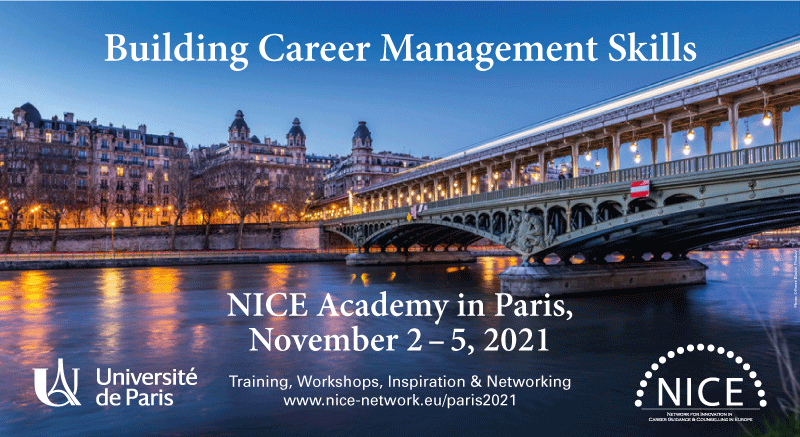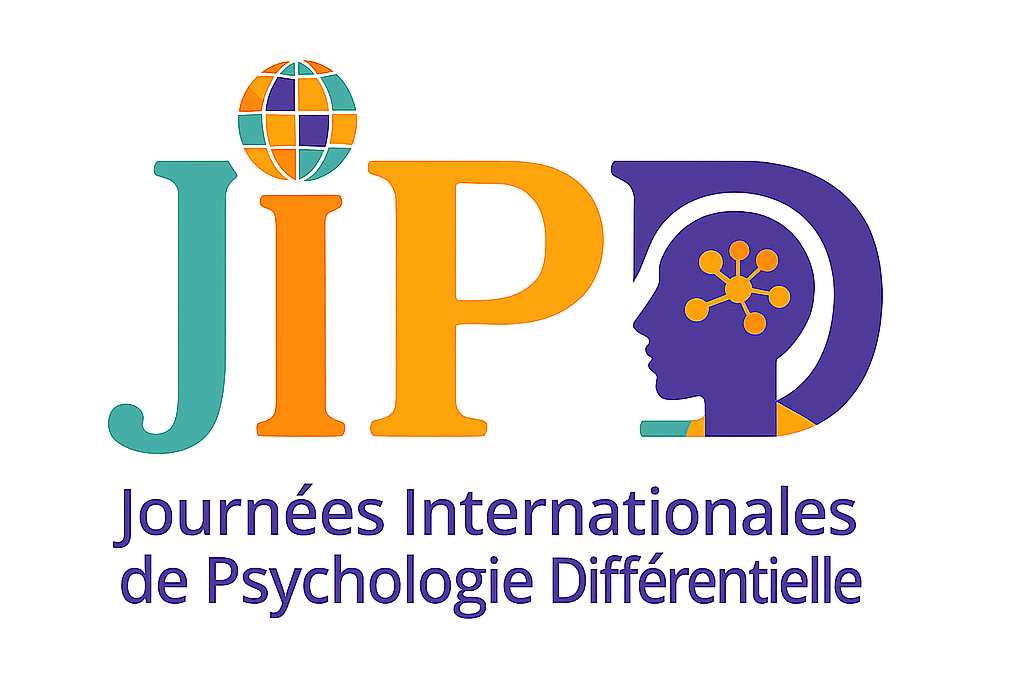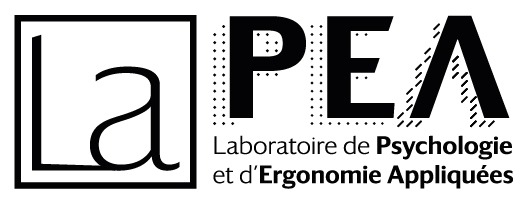NICE Academy 2021: Building Career Management Skills
Through interactive keynote lectures, various training workshops to choose from, presentations of innovative approaches and important research findings, and various networking activities, we hope to foster a meaningful exchange of knowledge about the promotion of career management skills and career education.

Colloque International
Partenariat LaPEA (Université Paris Cité) et NICE academy.
©
2-5 novembre 2021
The third edition of the NICE Academy
The academy will be dedicated to the challenges of “Building Career Management Skills.” A great lineup of keynote lectures and workshops will be delivered in English. The LaPEA is proud to host the event, which also marks the 10th Anniversary of NICE. Career management skills are of our major research interests with several projects in progress under the leadership of Dr. Laurent Sovet. The full event will take place at the Institut de Psychologie which is located at Boulogne-Billancourt. About 100 to 150 career practitioners, trainers, and researchers are expected. In the context of the COVID-19 pandemic, a hybrid format will be offered to the participants with on-site and online activities.
For registration, please visit the following website: https://nice-network.eu/paris2021/
For more information, please contact the organizers (paris2021@nice-network.eu) or the host of the event, Dr. Laurent Sovet (laurent.sovet@u-paris.fr).
Theme of the NICE Academy 2021
Following Sultana (2012), career management skills can be defined as “a whole range of competences which provide structured ways for individuals and groups to gather, analyse, synthesise and organise self, educational and occupational information, as well as the skills to make and implement decisions and transitions” (p. 229). They have become a key focus for implementing career educational programs and career competence-based curricula across EU countries. NICE (2016) attributes the professional role of Career Education to this important task and defines relevant competence standards for career practitioners.
When its educational component is forgotten or ignored, career guidance and counselling cannot unleash its full potential. By incorporating the promotion of career management skills in our practice, we can empower people to master their career-related challenges autonomously; we can support them in attaining more control over their career development; in becoming more independent.
And we need to do so. While globalization and innovation bring many benefits, they also challenge people to engage in lifelong learning. Organizations, too, are under continuous pressure to adapt, with many of them become less hierarchic, smaller, and more flexible. In this kind of an environment, citizens’ ability to manage their own career development becomes crucial. We need to prepare people to deal with career-related challenges across their lifetime, not only at the beginning of their careers. For this purpose, we need to support citizens’ learning and development of career management skills. However, many questions arise with this realization:
- What are the career management skills that actually support clients in mastering their career development? How do we know that they work?
- Does everybody need the same set of career management skills? Or are there meaningful differences between national contexts, labor markets…?
- How can career professionals effectively support clients in developing their career management skills? What approaches work? Why? And what if time is extremely limited?
- How and why should we assess career management skills? What techniques and tools are there?
- How can career professionals work together with educational bodies to promote career management skills? How could the role of career professionals evolve in the future?
- Are there any risks attached to the promotion of career management skills? Could we be misleading clients in the long run? Could the promotion of career management skills damage our profession?
- How can career practitioners be trained to build citizens’ career management skills at schools, universities and through further education? What knowledge, skills and competences are needed? How can they be developed?
These are the sorts of questions that the third NICE Academy in Paris will focus on. Through interactive keynote lectures, various training workshops to choose from, presentations of innovative approaches and important research findings, and various networking activities, we hope to foster a meaningful exchange of knowledge about the promotion of career management skills and career education.
References
NICE (2016). European Competence Standards for the Academic Training of Career Practitioners. Barbara Budrich.
Sultana, R. G. (2012). Learning career management skills in Europe: A critical review. Journal of Education and Work, 25(2), 225–248. https://doi.org/10.1080/13639080.2010.547846
À lire aussi

Journées Internationales de Psychologie Différentielle 2026
Le Laboratoire de Psychologie et d'Ergonomie Appliquées (LaPEA) de l’Université Paris Cité organise la 26ème édition de Journées Internationales de Psychologie Différentielle du 6 au 9 juillet 2026 à l'Institut de Psychologie de Boulogne-Billancourt.Les JIPD sont...

Small Group Meeting – Envisioning the Future as a Driver of Individual and Collective Change for the Sustainable Development
The LaPEA (Université Gustave Eiffel, Université Paris Cité) is happy to welcome the Small Group Meeting on “Envisioning the Future as a Driver of Individual and Collective Change for the Sustainable Development”, co-organized with the University of Bath (A. Prosser,...

Journée d’études | Regards scientifiques sur le sens au travail | Mardi 21 juin 2022
Chaque année, l’ANACT organise une semaine pour la qualité de vie au travail. En 2022, elle se déroule du lundi 20 au vendredi 24 juin 2022 avec pour thème « En quête de sens au travail ». Plusieurs événements sont proposés à différentes échelles (entreprises, réseaux...

Summer school on Individual and Collective actions for the Ecological Transition (SICET)
The LaPEA, the ARPEnv and the LPI are happy to organise the first international Summer School on Individual and Collective actions for the Ecological Transition. Paris © Pierre Bachlé 5th - 9th of September 2022 Laboratoire de Psychologie et d’Ergonomie Appliquées,...
